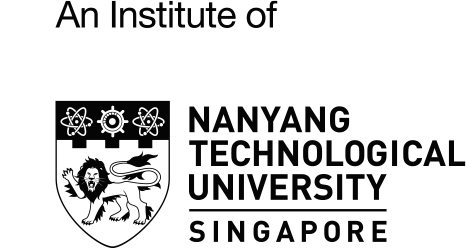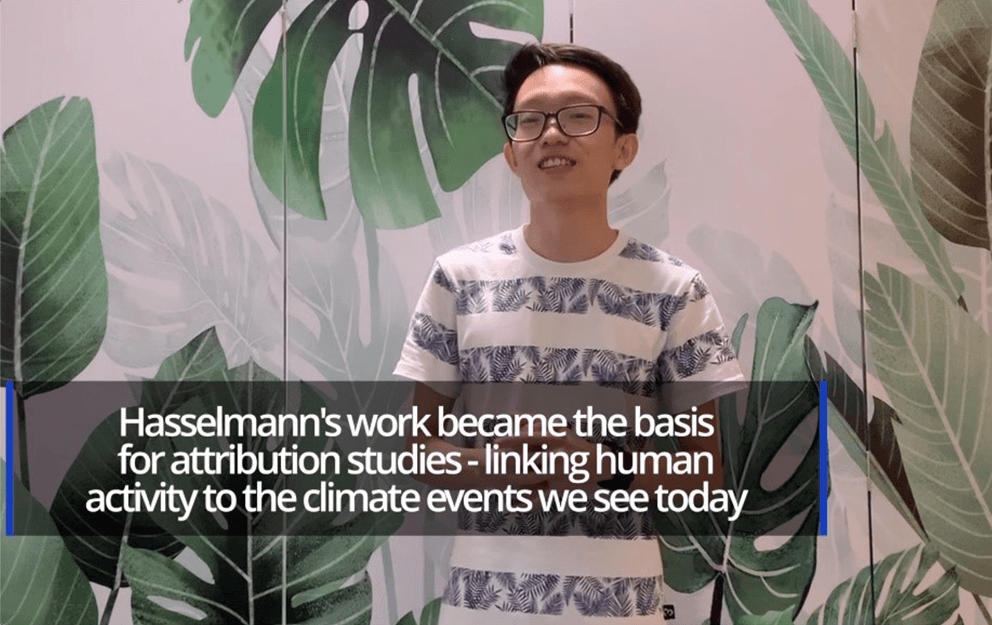It’s finally your turn to travel for an overseas semester exchange, but because of the ongoing pandemic, some of you will have to do it online. We asked some of our student teachers to recount their recent experiences, and to share their top tips for getting the most out of a virtual exchange programme.
Many universities have turned to technology to make sure that students can continue with their lessons in a pandemic. And given how the COVID-19 situation has panned out so far, it would not be a surprise if digital learning is here to stay. Despite the obvious limitations, virtual meetings can be a pretty cool way to connect and collaborate with friends and colleagues overseas — according to some student teachers who took part in NTU’s Virtual Semester Exchange (VSE).
Conducted during the August 2021 semester, the NTU VSE programme saw seven student teachers being attached to China’s Peking University, the United Kingdom’s Queen Mary University of London, Norway’s University of Oslo, and Australia’s University of Technology Sydney and University of New South Wales. In fact, NTU belongs to a network of 60 leading universities in the Americas, Asia and Australasia that provides students with exclusive opportunities to experience VSEs.
Ms Nuha Ahmad Basharahil, a third-year BA(Ed) student, told NIEWS what she enjoyed the most during her attachment with University of Oslo. “My favourite part about the VSE was the opportunity to interact with international students from all over the world. It was really nice getting everyone to come together, and don’t worry about not being able to make new friends — the breakout rooms during the Zoom classes will definitely give you a chance to get to know people a little bit better!” she said assuringly.
For Mr Daryl Wang Jiale, a third-year BSc(Ed) student who did his VSE with University of New South Wales, it wasn’t just the new insights he gained during classes, but also the super-smooth admin processes that had impressed him. “The way they pivoted online so
successfully was amazing. From matriculation and course registration, through to orientation, lectures, tutorials and labs — everything was meticulously planned and adapted for online delivery. The fact that student engagement, content delivery and assessment were so well streamlined was key to such an enjoyable online learning experience,” he shared.
Mr Cher Zheng Jie, also a third-year BSc(Ed) student, agrees. “My VSE provided me a chance to interact with lecturers from University of Technology Sydney, and have a glimpse of how their lectures and examinations were conducted. The feedback and grading mechanism for my assignments were really detailed and transparent — we got to see the exact scores for our modules! In addition to slides and lecture notes, session recordings were also available to help us revise. The content was so well prepared and sufficient, there was no need to refer to textbooks!” he said.
3 Ways To Get More From Your Virtual Exchange Experience (VSE)
If you are about to take part in a VSE, here are three important pieces of advice you should note:
Always ask if in doubt
Learn to learn by asking questions! Don’t be shy to speak up if you don’t understand something, or to clarify with your lecturer later if you don’t wish to interrupt the session. In fact, asking questions enables some people to remember better, so fire away!
Do your research before deciding on the exchange
Don’t just jump on the first offer that comes your way. Do some homework on the strengths of the host university, look at the coverage of the modules being offered, how your assessment will be carried out, and talk to those who have attended the programme.
Approach the exchange with an open mind
Step outside your comfort zone and use the opportunity to acquire perspectives, experiences and beliefs that differ from your own. Find ways to broaden your horizon, and draw from the variety and richness of ideas and opinions of your fellow international students




